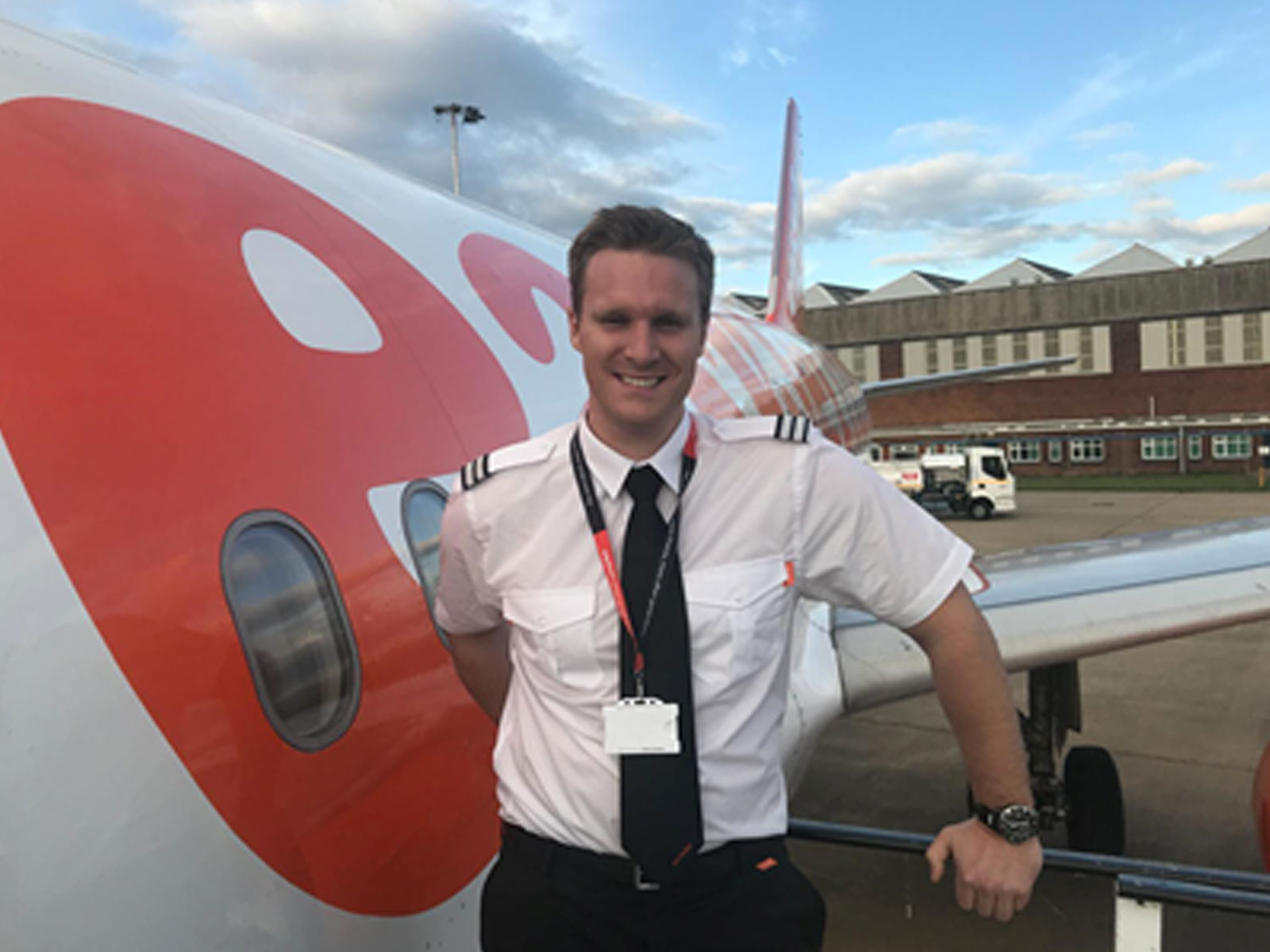

If airlines are cutting the number of seats they're filling per flight, that means more planes will have to be in the air to move people. There may be financial troubles for a few years, but people still want to travel. The airlines aren’t going anywhere and the way I see it, they’ll look at the younger generation as the ones worth investing in. A lot of other pilots may take early retirement. Sixty-five is rolling around for these guys whether there’s a pandemic or not, so they’re going to retire anyway. I wouldn’t want to be in his position, but the cause of the initial pilot shortage isn’t going away. The job market was on fire then there was talk about the upcoming pilot shortage and flight schools were printing full-page ads in magazines. I was in the military for almost nine years but left active duty in 2019 to begin pilot training. In many cases, it’ll be the only option left. Smaller non-international airports are all taking a beating, and looking to private aviation as a replacement. I’ve also noticed airlines dropping a number of tertiary routes into rural America, making it very difficult for people to travel.

Low-cost airlines that pack you in like a sardine will go under first, because their economics only work when the plane is filled to capacity. The biggest hurdle with commercial airlines, of course, is the seating. Some of them are essential workers: teams of doctors fighting the virus, for instance, who don’t want the risk exposure. We're also seeing people who need to travel for medical reasons. In some cases, flying private is even cheaper than flying business-class commercial. People who spend $3,000 for a first-class ticket from New York to Chicago can charter a whole aircraft with six seats for about $10,000. Our typical client comes from first-class commercial, and they're fed up. We’re also seeing older people who’ve never flown private before chartering aircraft because they're fearful of exposure at commercial airports. We’ve seen dramatic changes since this pandemic came about-we’re getting between 2,000 and 3,000 requests per day. Business aviation is about 65 percent of what we do the rest is high net worth individuals traveling for pleasure. We have about 20,000 aircraft in 109 countries and territories, all bookable the same way you’d book a commercial flight on Expedia. Justin Crabbe, founder of Jettly, a global network of private aircraft chartable on demand The commercially trained pilot focusing on private aviation I love my family, but I also love flying planes. Besides, there's nothing else in the world I want to do. I’m only 41 I still have 24 years before mandatory retirement. People can also fly skydivers, do pipeline patrol or banner towing, go into missionary aviation flying, or fly single-pilot cargo.

Even are getting more revenue from cargo, carrying military care kits, United States mail, and COVID-19 testing kits. I have friends who fly for Fedex and UPS, and they’re just swamped. There are, of course, other options out there for pilots, especially in cargo. It depends on the traveling public and on resorts and other places opening up. I can be hopeful, but it’s impossible to know how many pilots are going to lose jobs come October 1. Fuel prices have gone down, another plus. We weren't in a recession heading into this, so that's a positive. I’m feeling cautiously optimistic.Īll of the airlines have stopped hiring, and there are a lot of early retirements happening right now. But just in the last couple of weeks, I’ve noticed the loads start to increase. When first started, I saw loads drop off significantly-sometimes 10 people on a plane that seats 176.


 0 kommentar(er)
0 kommentar(er)
